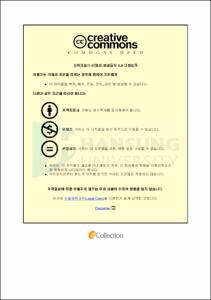社會福祉 相談서비스가 女性老人虐待 에 미치는 影響 硏究
= A Study on the Effect of the Social Welfare Service for the counselling the Aged on the Abuse of Old Females
- Files in This Item:
-
-
Download
 000000361431.pdf
기타 데이터 / 1.24 MB / Adobe PDF
000000361431.pdf
기타 데이터 / 1.24 MB / Adobe PDF
-
Items in Repository are protected by copyright, with all rights reserved, unless otherwise indicated.